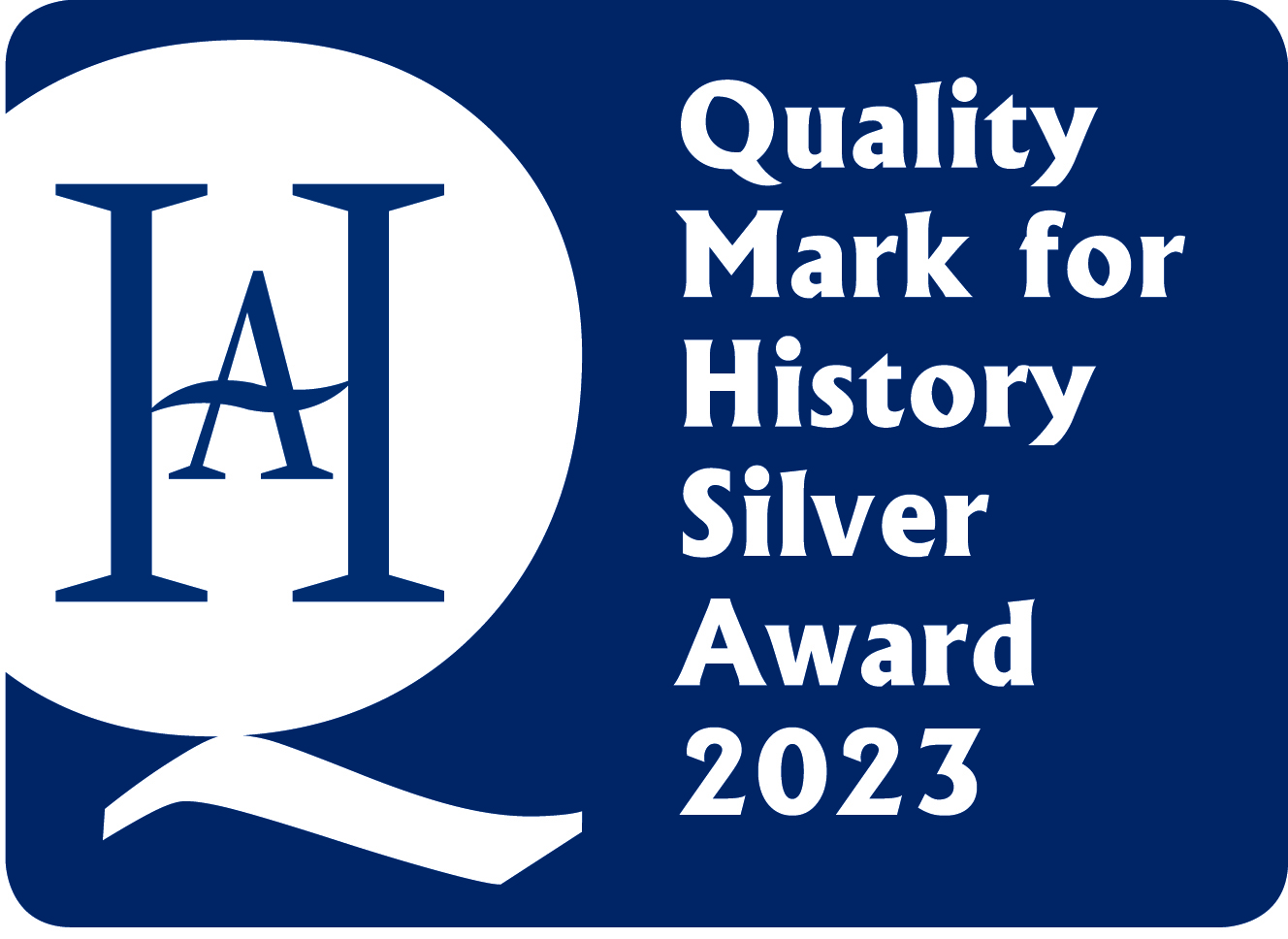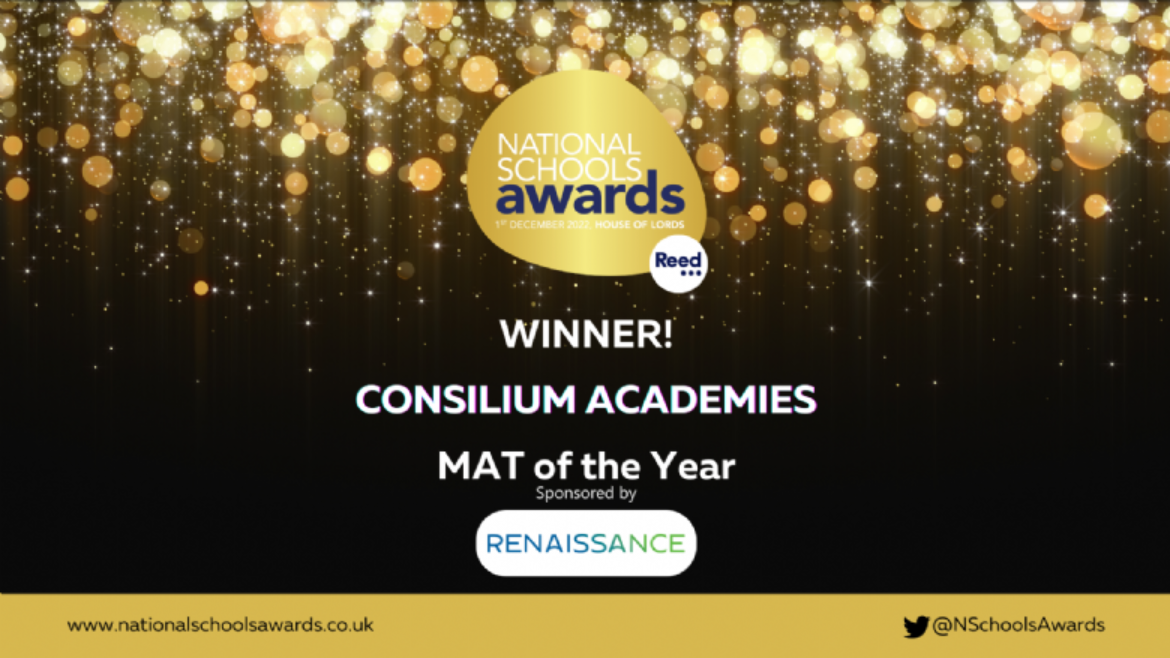Mathematics

Curriculum Intent
The Mathematics department’s main aim is to help students develop their mathematical knowledge and skills using an ambitious 5-year curriculum, progressing from Key Stage 2 and preparing each individual to become confident mathematicians for post-Key Stage 4 opportunities, including aspirational next steps in education, employment or training which will support their future careers.
Our young people will develop a life-long love of learning of maths through a curriculum that is fully inclusive, expertly delivered and meets the needs of all students irrespective of ability and background.
Pupils will learn how to problem-solve, work in a methodical way, think logically, build resilience and work both independently and collaboratively.
The curriculum will support the mathematics content in other curriculum subjects.
Knowledge and skills:
Through our curriculum students:
- Become fluent in the basic principles of mathematics through diverse and regular practice which, over time, builds up to increasingly challenging problems.
- Are able to recall and apply knowledge quickly and correctly.
- Solve problems by applying mathematical concepts, and break down multi-layered problems using a step-by-step approach.
- Develop perseverance and resilience when faced with challenge to produce confident mathematicians.
- Communicate, argue, justify and prove using mathematical language.
- Learn to self-regulate and work independently as well as collaboratively.
- Better understand the world around them by applying skills acquired in lessons from different topics and subjects.
- Will have the opportunity for deep thinking and to get into their ‘flow’
Curriculum Overview
Click on the document at the bottom of this page to view an easy-read version of the full curriculum overview.
| Year 7 | Year 8 | Year 9 | Year 10 | Year 11 | |
|---|---|---|---|---|---|
| Autumn Term | Place Value | Estimating & Rounding | Geometrical Properties: Similarity & Pythagoras | Number 1 | Number 2 |
| Properties of Number | Sequences | Probability | Algerbra 1 | Geometry 3 | |
| Arithmetic Procedures with Integers & Decimals | Graphical Representations of Linear Relationships | Non-Linear Relationships | Statistics | Multiplicative Reasoning | |
| Expressions & Equations | Solving Linear Equations | Geometry 4 | |||
| Algebra 3 | |||||
| Spring term | Plotting Coordinates | Understanding Multiplicative Relationships: Percentages & Proportionality | Expressions & Formulae | Ratio & Proportion | Algebra 3 (cont) |
| Perimeter and Area | Statistical Representations, Measures & Analysis | Trigonometry | Geometry & Measure 1 | Geometry & Measure 5 | |
| Arithmetic Procedures with Fractions | Perimeter, Area & Volume | Algebra 2 | Algebra 4 | ||
| Summer Term | Arithmetic Procedures with Fractions (cont) | Perimeter, Area & Volume (cont) | Standard Form | Algebra 2 (cont) | Algebra 5 |
| Understanding multiplicative Relationships: Fractions & Ratio | Geometrical Properties: Polygons | Graphical Representations | Geometry & Measure 2 | Revision | |
| Transformations | Constructions | Probability | |||
Year 7 Learning Journey

Year 8 Learning Journey

Year 9 Learning Journey

GCSE Maths
Overview
In this course, you will study familiar topics such as data-handling, algebra and number work in more depth as well as investigate new areas such as trigonometry, circle theorems, vectors and proof. You will also have the opportunity to further develop your communication and reasoning skills and learn problem-solving strategies.
All students study GCSE Mathematics.
The course should enable pupils to:
- Develop fluent knowledge, skills and understanding of mathematical methods and concepts,
- Acquire, select and apply mathematical techniques to solve problems,
- Reason mathematically, make deductions and inferences and draw conclusions,
- Comprehend, interpret and communicate mathematical information in a variety of forms appropriate to the information and context.
Topics
The curriculum is split into the following six areas:
- Number
- Algebra
- Ratio and Proportion
- Geometry and Measures
- Probability
- Statistics
Course Structure
At the end of Year 11 all students will sit three exams to gain a grade in GCSE Mathematics.
- Paper 1 is a Non-Calculator
- Paper 2 & 3 are Calculator Papers
These papers will contain a mix of question styles, from short, single-mark questions to multi-step problems.
Each exam is 1 hour 30 minutes and worth 33⅓% of the final grade.
There is no coursework or controlled assessment element to the course.
GCSE Mathematics has a foundation tier, where a student can achieve grades 1 - 5, and a higher tier, where students can achieve grades 4 – 9.
KS4 Learning Journey

Additional Information & Who to Contact
In GCSE, if a candidate does not achieve the minimum grade in their tier of entry, then no grade is awarded, meaning that the selection of the correct tier for each student is extremely important. We continually assess throughout the course to track their progress, and we ask parents to talk to their children about how they are progressing against their target grade. As a result of our internal assessments, we may, from time to time, change the set your child is in.
Homework is a very important part of mathematics, and we ask parents to actively engage with their son/ daughter to ensure that all homework is completed in full and handed in on time.
Many college courses now require a minimum of a grade 4 or 5 in Mathematics. Employers often require people with proven mathematical ability, making a good grade at GCSE very important.
Click here to view the Maths Specification
If you require any further information or have any questions, then please contact Mrs Kinghan on heworthgrangeenquiries@consilium-at.com




